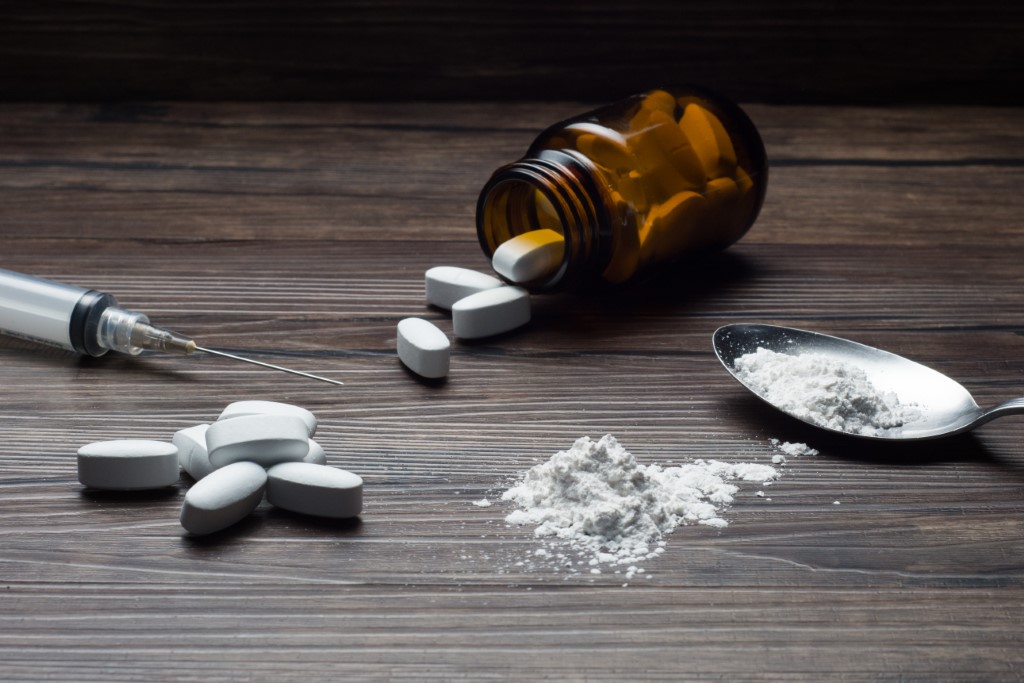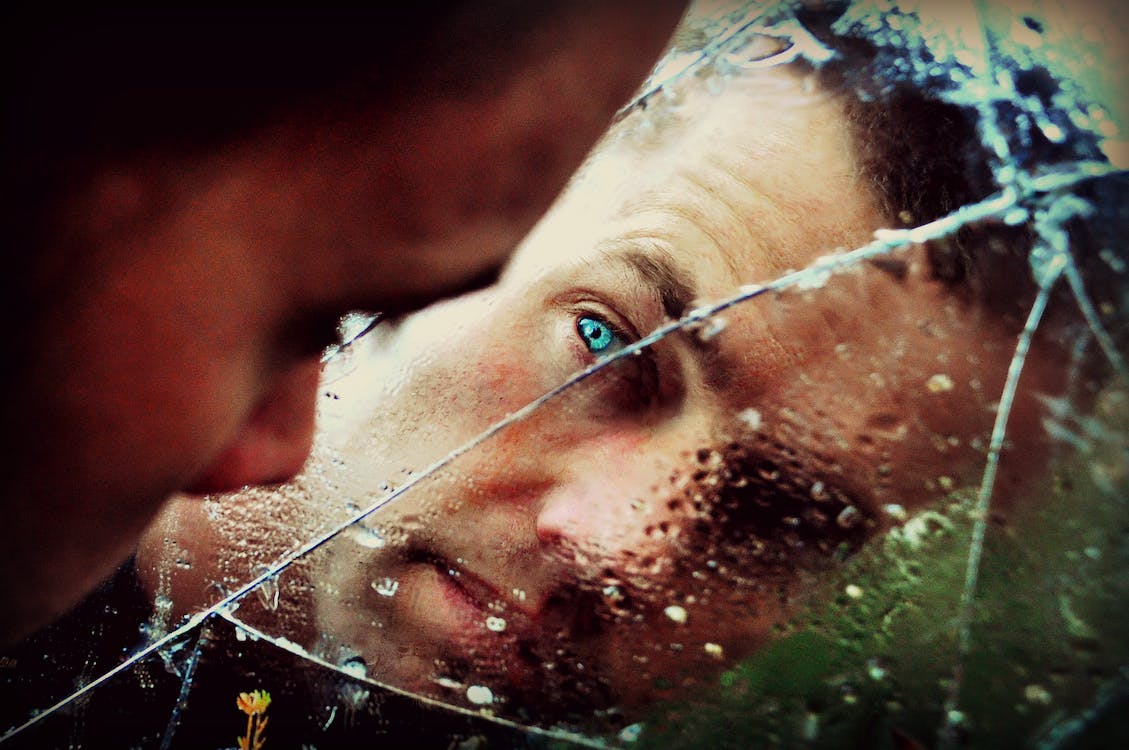No matter how despondent life seems right now, there are many ways to start feeling better today. Use these tools to help yourself or a friend.
What is Teen Depression?
The teenage years can be really tough, and it’s perfectly normal to feel sad or irritable every now and then. However, if these feelings persist or become so intense that you feel overwhelmingly hopeless and helpless, you may be suffering from depression.
Teen depression is much more than feeling temporarily sad or down. It’s a serious mood disorder that can affect your thoughts, feelings, and daily life, causing problems at home, school, and in your social life. When you’re depressed, you may feel hopeless and isolated, as if no one understands. But depression is more common in teens than you might think. The academic pressures, social challenges, and hormonal changes of the teenage years mean that about one in five teens suffer from depression. You’re not alone, and your depression is not a sign of weakness or a character flaw.
Even though it can feel like the black cloud of depression will never lift, there are plenty of things you can do to help yourself deal with symptoms, regain your balance, and feel more positive, energetic, and hopeful again.
If You’re a Parent or Guardian Worried About Your Child…
While it isn’t always easy to differentiate between normal teenage growing pains and serious health issues, teen depression goes beyond moodiness. Your love, guidance, and support can go a long way toward helping your teen overcome depression and get their life back on track.
Signs and Symptoms of Teen Depression
It can be hard to put into words exactly how depression feels—and we don’t all experience it the same way. For some teens, depression is characterized by feelings of bleakness and despair. For others, it’s persistent anger or agitation, or simply an overwhelming sense of “emptiness.” Common symptoms include:
- Feeling irritable, sad, or angry constantly
- Losing interest in activities you once enjoyed
- Feeling worthless, guilty, or “wrong” in some way
- Changes in sleep patterns—either too much or too little
- Turning to alcohol or drugs to change how you feel
- Frequent, unexplained headaches or other physical problems
- Crying easily or frequently
- Extreme sensitivity to criticism
- Significant weight changes without trying
- Difficulty concentrating, thinking clearly, or remembering things
- Feelings of helplessness and hopelessness
- Thoughts of death or suicide (if so, seek help immediately)
Coping with Suicidal Thoughts
If your negative feelings caused by depression become so overwhelming that you can’t see any solution besides harming yourself, you need to get help right away. Asking for help can be really difficult, but it’s vital to reach out to someone you trust—a friend, family member, or teacher, for example. If you don’t feel that you have anyone to talk to, or think that talking to a stranger might be easier, call a suicide helpline. You’ll be able to speak confidentially to someone who understands what you’re going through and can help you deal with your feelings.
Remember that no matter how badly you feel, these emotions will pass. Having thoughts of hurting yourself does not make you a bad person. Depression can make you think and feel things that are out of character. No one should judge you for these feelings if you are brave enough to talk about them.
Why Am I Depressed?
Depression is caused by a combination of biological, psychological, and social factors. The teenage years can be a time of great turmoil and uncertainty, and you’re likely facing a host of pressures that could contribute to your depression symptoms. These can range from hormonal changes to problems at home or school or questions about who you are and where you fit in. You’re more likely to suffer from depression if you have a family history of depression or have experienced early childhood trauma, such as the loss of a parent or physical or emotional abuse.
Risk Factors for Teen Depression
Risk factors that can trigger or exacerbate depression in teens include:
- Serious illness, chronic pain, or physical disability
- Other mental health conditions, such as anxiety, an eating disorder, or ADHD
- Alcohol or drug abuse
- Academic or family problems
- Bullying
- Trauma from violence or abuse
- Recent stressful life experiences, such as parental divorce or the death of a loved one
- Coping with your sexual identity in an unsupportive environment
- Loneliness and lack of social support
- Spending too much time on social media
If You’re Being Bullied…
The stress of bullying—whether it’s online, at school, or elsewhere—can make you feel helpless, hopeless, and ashamed. If you’re being bullied, know that it’s not your fault. Bullying and cyberbullying are abuse, and you don’t have to put up with it. Find support from friends who don’t bully and turn to an adult you trust—whether it’s a parent, teacher, counselor, coach, or the parent of a friend.
Overcoming Teen Depression
Tip 1: Talk to an Adult You Trust
Depression is not your fault, and you didn’t do anything to cause it. The first step to feeling better is to ask for help.
Talking to Someone About Depression It may seem like your parents won’t be able to help, especially if they are always nagging you or getting angry about your behavior. But parents hate to see their kids hurting. They may feel frustrated because they don’t understand what is going on with you or know how to help. If your parents are abusive in any way or have problems of their own that make it difficult for them to take care of you, find another adult you trust (such as a relative, teacher, counselor, or coach).
No matter what, talk to someone, especially if you are having thoughts of harming yourself. Asking for help is the bravest thing you can do, and the first step on your way to feeling better.
Tip 2: Try Not to Isolate Yourself—It Makes Depression Worse
Depression causes many of us to withdraw into our shells. You may not feel like seeing anybody or doing anything, but isolating yourself only makes depression worse. Try to force yourself to stay social. As you get out into the world and connect with others, you’ll likely find yourself starting to feel better.
- Spend time face-to-face with friends who make you feel good—especially those who are active, upbeat, and understanding.
- Get involved in activities you enjoy (or used to). Even if it seems daunting, you’ll feel better if you do.
- Volunteer. Doing things for others can help you feel reconnected to the world.
- Cut back on social media. It can make you feel worse by promoting feelings of depression and isolation.
Tip 3: Adopt Healthy Habits
Making healthy lifestyle choices can do wonders for your mood. Things like eating right, getting regular exercise, and getting enough sleep can make a huge difference when it comes to depression.
- Get moving! Exercise releases endorphins, which can make you feel happier.
- Be smart about what you eat. Junk food can make you feel sluggish and tired. Make sure you’re eating plenty of fruits, vegetables, and whole grains.
- Avoid alcohol and drugs. These substances can make depression worse and increase suicidal feelings.
- Aim for eight hours of sleep each night. Feeling depressed can disrupt your sleep, but you can get on a better sleep schedule by adopting healthy sleep habits.
Tip 4: Manage Stress and Anxiety
For many teens, stress and anxiety can go hand-in-hand with depression. Unrelenting stress, doubts, or fears can sap your emotional energy and trigger or exacerbate depression.
- Identify the sources of your stress. Talk to a teacher or school counselor if exams or classes seem overwhelming.
- Seek medical attention if you have a health concern you feel you can’t talk to your parents about.
- Talk to a professional therapist if you’re struggling to fit in or dealing with relationship, friendship, or family difficulties.
- Practice relaxation techniques such as exercise, meditation, and breathing exercises.
How to Help a Depressed Teen Friend
If you’re a teenager with a friend who seems down or troubled, you may suspect depression. Look for common warning signs:
- Your friend doesn’t want to do things you used to enjoy together.
- Your friend starts using alcohol or drugs or hanging with a bad crowd.
- Your friend stops going to classes and activities.
- Your friend talks about being bad, ugly, stupid, or worthless.
- Your friend starts talking about death or suicide.
Teens typically rely on their friends more than their parents, so you may find yourself being the first—or only—person that your depressed friend confides in. While this might seem like a huge responsibility, there are many things you can do to help:
- Get your friend to talk to you. Say something simple: “You seem really down, and not yourself. I really want to help you. Is there anything I can do?”
- You don’t need to have the answers. Your friend just needs someone to listen and be supportive.
- Encourage your friend to get help. Urge them to talk to a parent, teacher, or counselor. Offer to go along for support.
- Stick with your friend through the hard times. Depression can make people do and say hurtful things, but try not to take it personally.
Speak Up if Your Friend is Suicidal
If your friend is joking or talking about suicide, giving possessions away, or saying goodbye, tell a trusted adult immediately. Your only responsibility at this point is to get your friend help, and get it fast. Even if you promised not to tell, your friend needs your help. It’s better to have a friend who is temporarily angry at you than one who is




